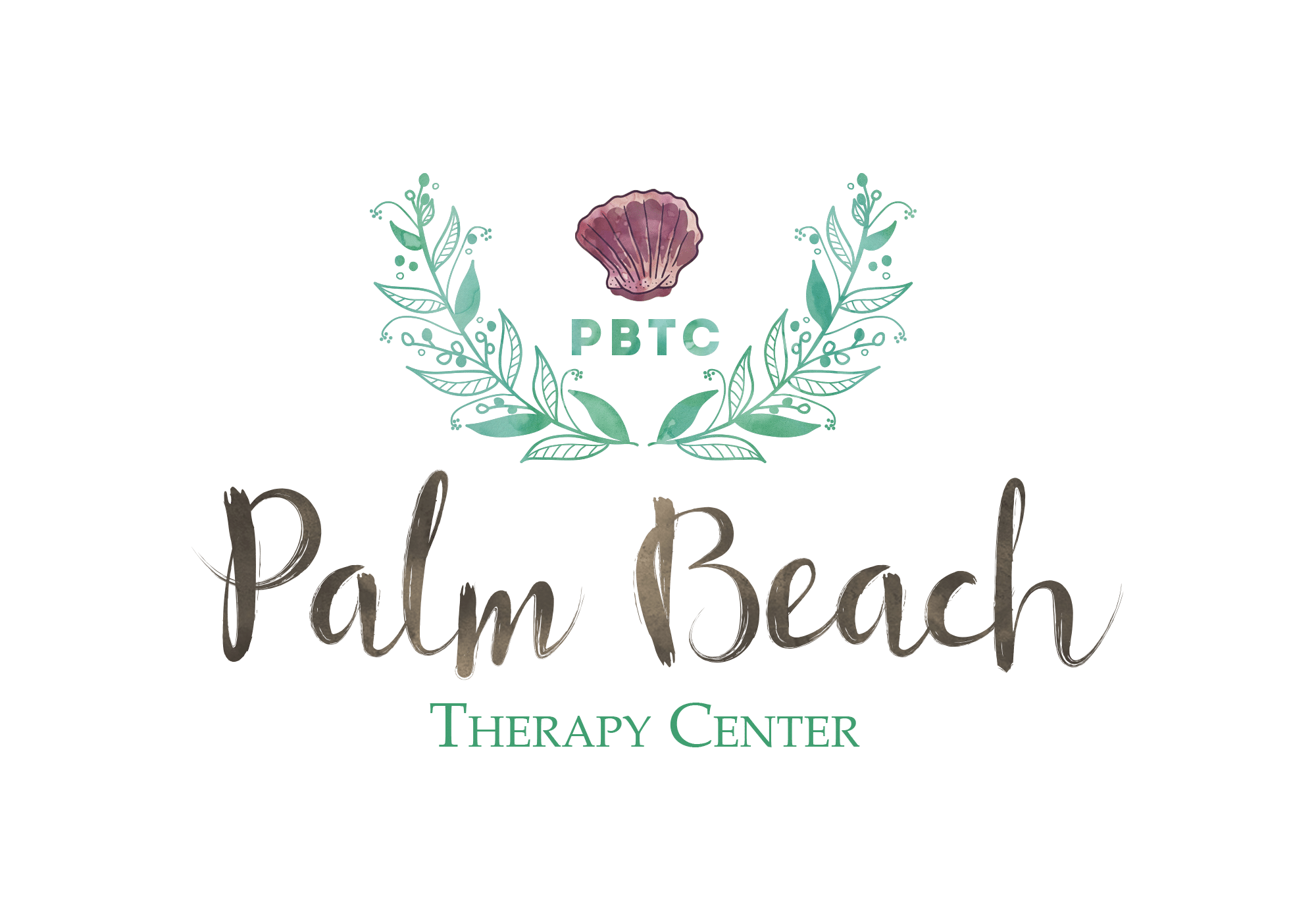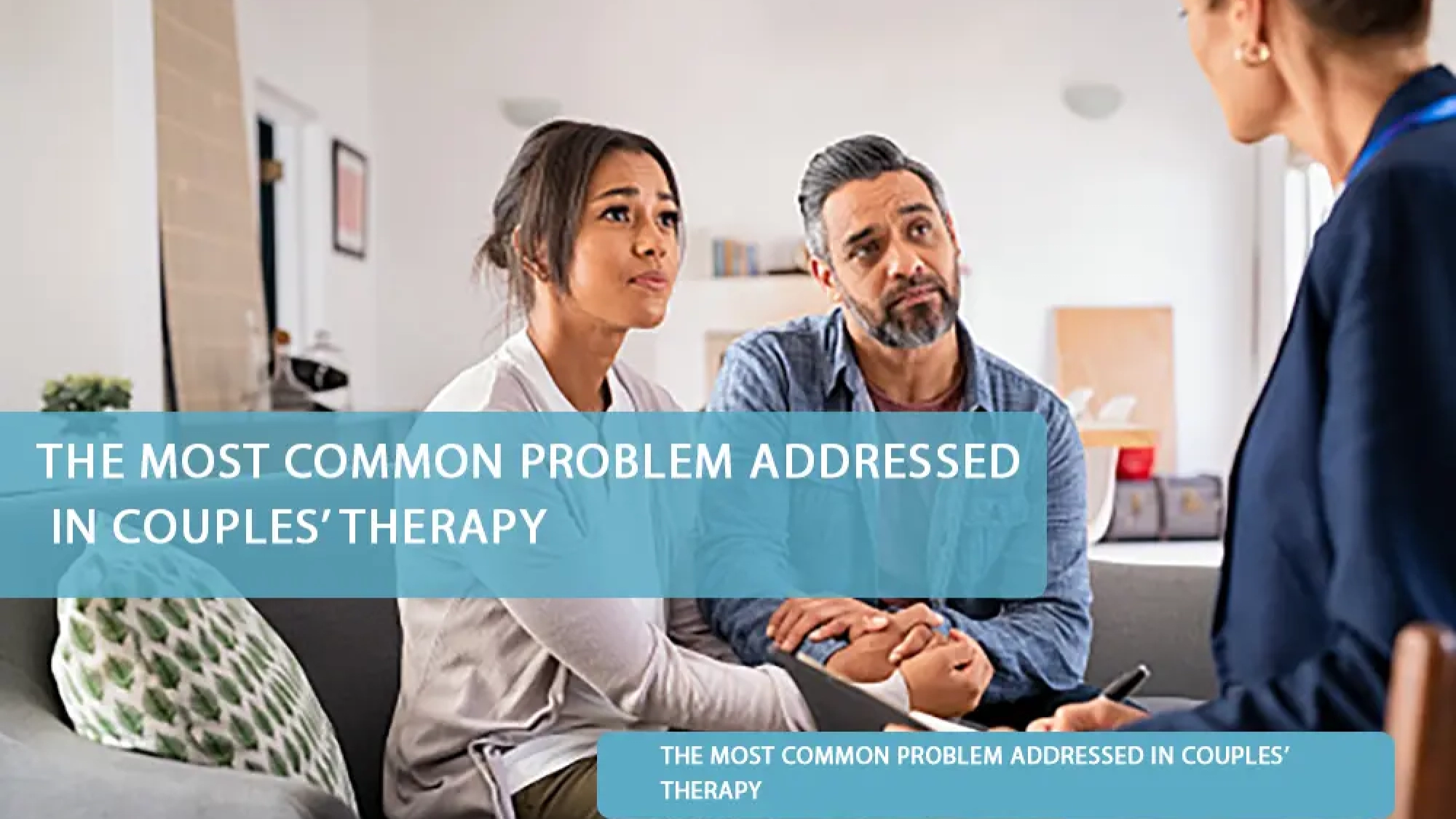As people get more educated on the importance of getting help, more and more couples are seeking couples’ therapy. It’s hard to know what to expect though, especially since it’s usually the first time the individuals attend therapeutic sessions with a partner.
No two couples are exactly the same. Each pair of partners come in with their own set of unique challenges and relationship dynamics. Still, it is interesting to see how many overlapping patterns there are between different couples. There are some dynamics that repeat themselves, which often lead to the same type of problems.
The most common problem I see with couples in therapy is a lack of healthy communication. It sounds simple, but there are actually many layers to it, playing out differently in each relationship.
How does it start?
There’s a consensus among different schools of psychology that we repeat many of the patterns we see during childhood in our subsequent adult relationships, even if they might be destructive. In other words, our romantic relationship dynamics often mirror our family dynamics and how we have learned to deal with people we love. One PsychCentral article said that we even “repeat what was traumatizing in an unconscious effort to gain mastery over it”. Along with learned habits and patterns to deal with difficult emotions, this contributes to our communication styles and relationship interactions.
If our home environment and family situation was chaotic and we were not taught and shown healthy communication techniques, we might have difficulties creating a healthy and emotionally safe relationship.
The most common issue: The cycle of miscommunication
Because it stems in childhood, unhealthy communication patterns are never just about the words left unsaid. What stands out is most often the emotions attached to these dynamics, which keep the couple in a cycle.
I’m sure you remember a fight with your partner after which you felt let down and alone. This is usually a reflection of our earliest needs for belonging. Feeling let down leads to a sense of rejection, which we are all wired to avoid. And it hurts even deeper when it is a trusted loved one to whom we have exposed ourselves. Many negative emotions or mental states can come as a result, often in the form of self-doubt, lashing out, or self-destructive behavior.
Our approach
It’s not all bad news though. Many times, our troubles with a partner lead us to hopelessness and disappointment. But there is nothing worth more than working on building a stronger foundation for your relationship. It is the pillar on which everything else falls, and it can lead to great satisfaction and fulfillment when established.
At Palm Beach Therapy Center, we use an approach that emphasizes the importance of empathy, communication, and trust in a thriving relationship. It is inspired by the Gottman method for couples’ therapy, where the primary aim is mutual understanding and respect.
Our approach acknowledges humans’ natural fear of rejection and applies a more empathic light to the matter. It creates space for you and your partner to feel and express some of the deeper emotions that may be lying behind your miscommunication.
Did a parent constantly shut you out, after which you developed an emotionally cold temperament? Did adults take their poor emotional regulation out on you through verbal abuse when you were a kid? Were you a victim of an emotionally chaotic environment, in which you did not have the chance to develop psychologically sound communication methods?
You don’t have to hide behind the shadow we all have, and your partner shouldn’t either. Couples Therapy is a wonderful opportunity to go back to our most basic needs by addressing the emotions we might have been suppressing. In that you will be able to change the dynamic into one that fosters deeper, stronger, and more intimate connection, not one that creates more distance.




